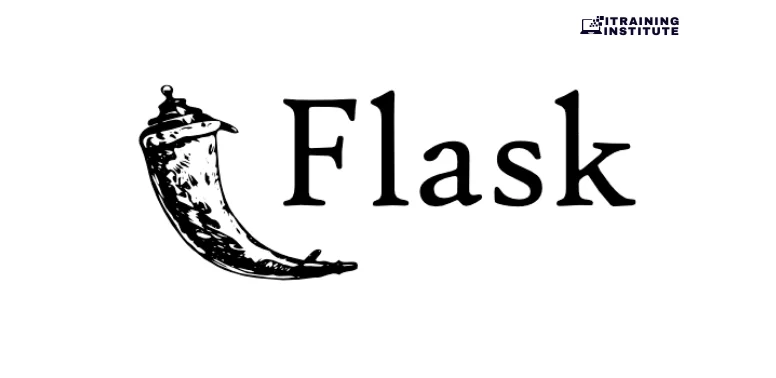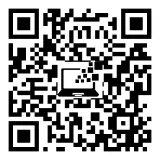
The Flask course at iTraining Institute is meticulously designed to equip students with comprehensive skills in building web applications using Flask, a lightweight and versatile Python web framework known for its simplicity and flexibility.
The course begins with an introduction to Flask, covering its core concepts such as routes, templates, and request handling. Students learn to set up a Flask development environment, understand virtual environments for Python projects, and utilize Flask extensions for enhanced functionality.
Fundamental topics include creating routes to handle HTTP requests, rendering templates with Jinja2, and integrating forms for user input validation. Students gain proficiency in structuring Flask applications, organizing code into modules, and implementing CRUD (Create, Read, Update, Delete) operations with SQLAlchemy for database interactions.
The curriculum emphasizes best practices in Flask development, including managing application configuration, implementing error handling, and securing applications with authentication and authorization mechanisms using Flask-Login and Flask-Security extensions.
Advanced topics include building RESTful APIs with Flask-RESTful for creating scalable backend services, integrating with external APIs using requests library, and implementing asynchronous tasks with Celery and Redis for background processing.
Students also explore frontend integration, using technologies like Bootstrap for responsive design and JavaScript frameworks for enhanced interactivity. Deployment strategies cover deploying Flask applications to platforms like Heroku or AWS (Amazon Web Services) for production environments.
Throughout the course, practical projects and exercises challenge students to apply their skills in real-world scenarios, reinforcing their understanding of Flask concepts and best practices in web development. Projects include developing full-stack web applications, integrating third-party services, and implementing security measures to protect user data.
By the end of the course, students are proficient in designing, developing, and deploying scalable web applications using Flask. Whether aspiring to specialize in backend development, pursue full-stack roles, or innovate with Python-based web solutions, graduates of iTraining Institute's Flask course emerge with the skills and confidence to succeed in the dynamic field of web development.
In summary, the course blends theoretical foundations with hands-on practice, ensuring students not only grasp the intricacies of Flask but also acquire the practical experience needed to build robust and feature-rich web applications effectively.
